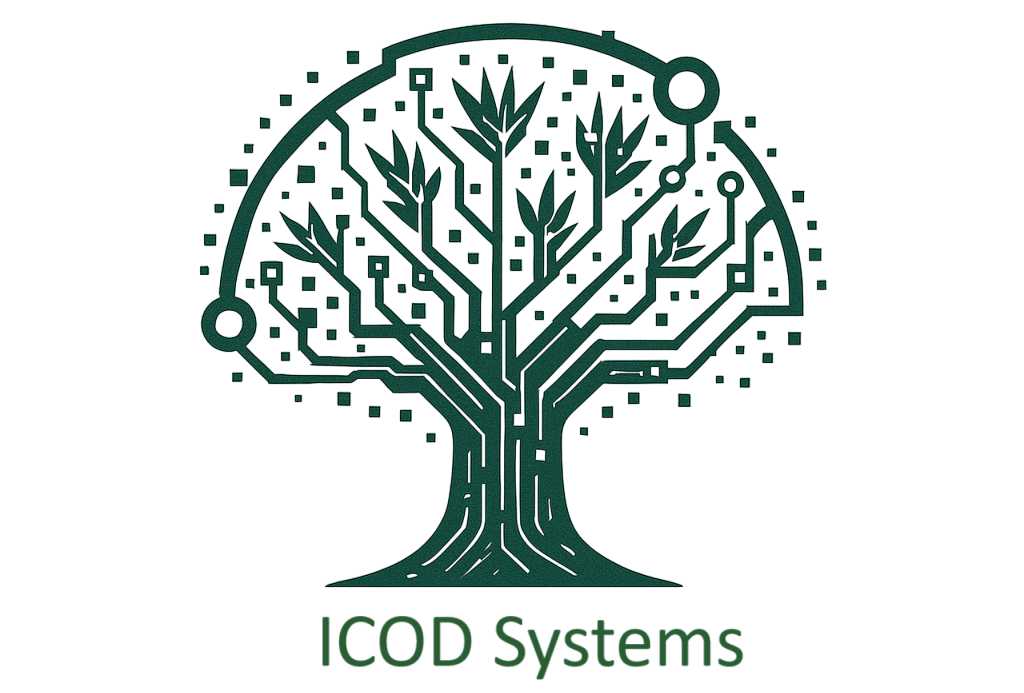Low-code platforms are no longer a “nice-to-have.” They are becoming the backbone of digital transformation strategies across industries. The promise is clear: accelerate development, reduce costs, empower business users. But beneath the buzzwords lies a more radical truth—low-code is fundamentally reshaping the role of the software developer.
For decades, developers have been gatekeepers of digital innovation. Code was the currency of value creation. But with low-code, the power dynamic shifts. Suddenly, non-technical professionals can build apps, automate workflows, and launch solutions—without ever touching a line of code.
This isn’t the “end” of programming. Instead, it’s the redefinition of programming. Developers are no longer just builders—they’re becoming architects, integrators, and curators of digital ecosystems. Their role is moving away from writing every function from scratch, and toward orchestrating platforms, ensuring security, designing scalable architectures, and guiding citizen developers.
The controversy? Many engineers resist this change. They argue that low-code produces “toy apps” and threatens code quality. But history tells us a different story. From high-level programming languages to cloud computing, every leap in abstraction has faced skepticism. And yet, each leap expanded what humans could build.
Low-code is the next leap. The question is not whether it will reshape the industry, but whether we as professionals are willing to reshape ourselves with it.




